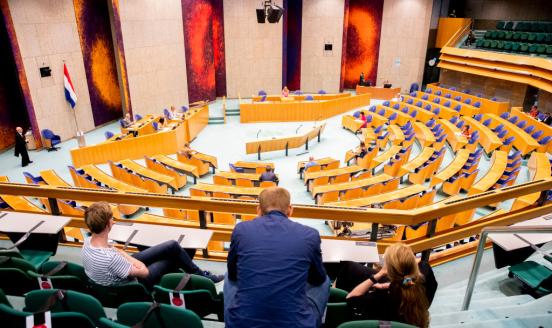Three structural reforms remain central for the euro in 2013
As the year draws to a close, it is time to reflect on the economic policy priorities for 2013. I would identify three structural reform areas that ar
As the year draws to a close, it is time to reflect on the economic policy priorities for 2013. I would identify three structural reform areas that are central to the success of the euro… and one less structural measure.
The first one are all those structural reforms that are needed to adjust competitiveness and macroeconomic imbalances. During 2012, quite some progress has been made on this front. Labour market reforms have been initiated, unit labour costs have adjusted and current account deficits have come down. Current account deficits have come down not only because of a fall in imports but the increases in exports have been quite significant in a number of countries. Continuing these structural reform efforts will remain a high priority to achieve adjustment and generate growth. Europe needs to have policies promoting growth and innovation and increasing the efficiency of our economies. Losing momentum on these reforms would be a big mistake.
The second reform area is to complete the banking union structure. It has been a big achievement of 2012 to agree on a single supervisor. Heads of state and government have also agreed on the need to put in place a single resolution mechanism with the appropriate resources. It is of great importance that the structure of the banking union consisting of bank supervision, bank resolution and appropriate resources is completed. A banking union with a common supervisor only will be incomplete and not achieve the clearly stated aim of the June summit to break the doom-loop between banks and sovereigns.
The third reform area is related to the political integration in Europe. This is a long-term project on which I do not expect concrete results for 2013. Nevertheless, a sincere reflection process on legitimacy and effectiveness of EU policies needs to start. The central question is how national sovereignty can be shared with the European partners beyond what is done already now. This deepening of political integration will be necessary to move ahead further with the fiscal union that ultimately is required for a monetary union.
Finally, these structural reforms will have to be accompanied by the appropriate macroeconomic policies to re-launch economic growth in the short run. The euro area needs the right demand policies to end the recession. This includes revisiting the EU budget to promote growth in the South of Europe.



